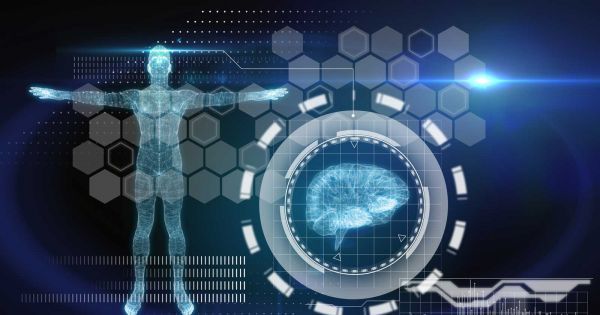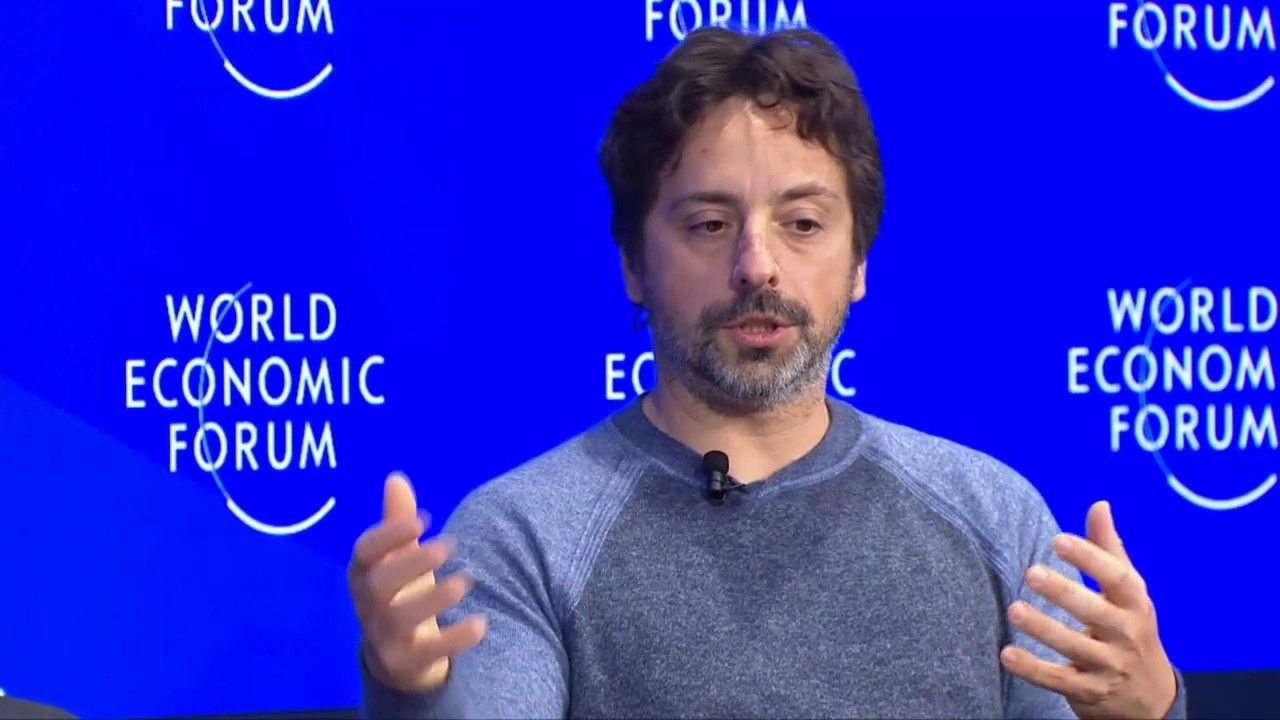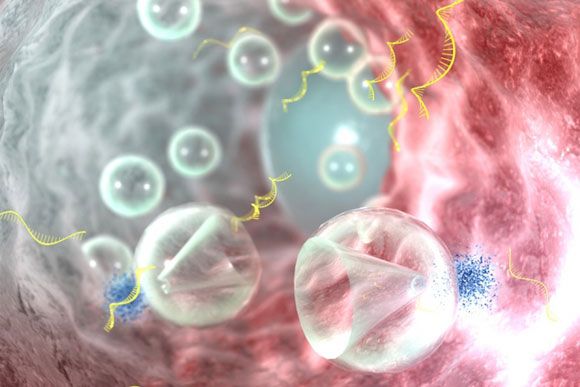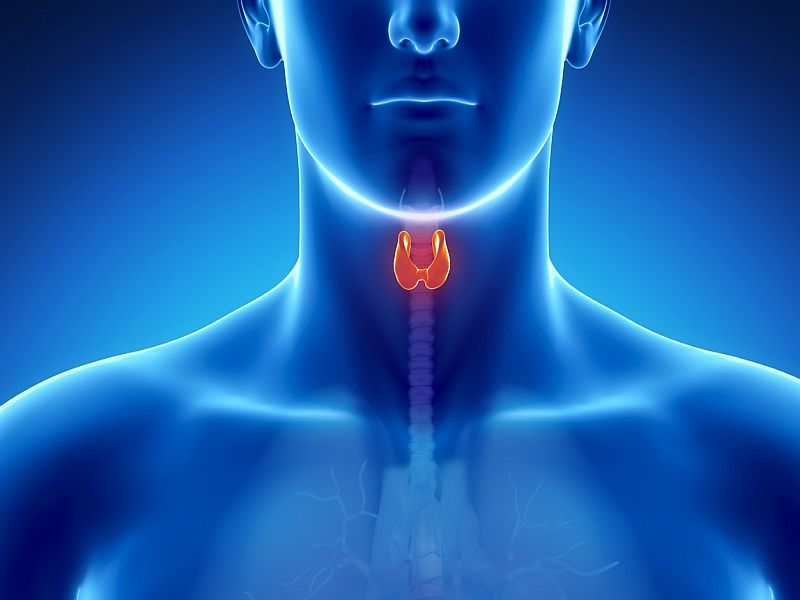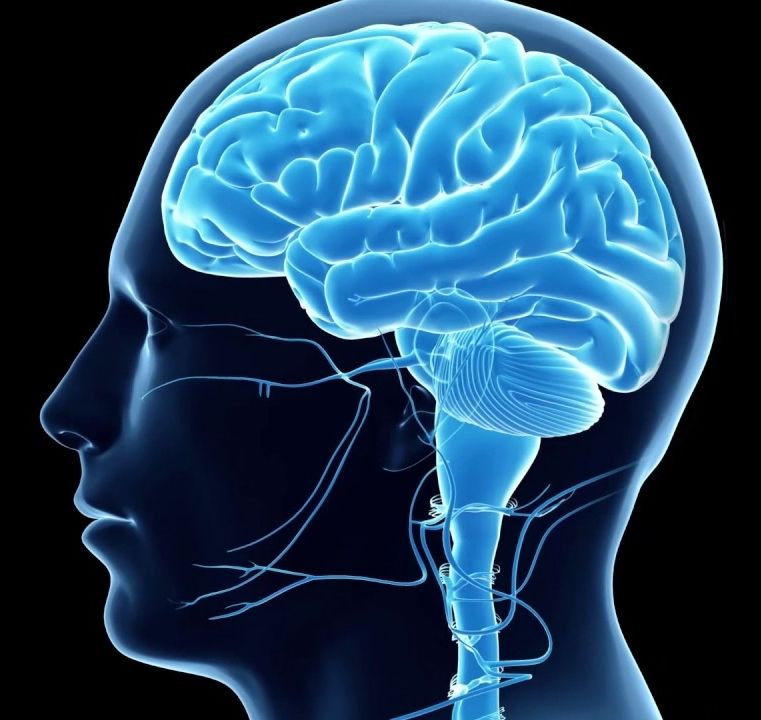Jan 22, 2017
Scientists unleash graphene’s innate superconductivity
Posted by Shane Hinshaw in categories: biotech/medical, particle physics
Already renowned for its potential to revolutionize everything from light bulbs and dental fillings through to semiconductors and motorcycle helmets, graphene can now add innate superconductivity to its repertoire. Scientists at the University of Cambridge claim to have discovered a method to trigger the superconducting properties of graphene without actually altering its chemical structure.
Light, flexible, and super-strong, the single layer of carbon atoms that makes up graphene has only been rendered superconductive previously by doping it with impurities, or by affixing it to other superconducting materials, both of which may undermine some of its other unique properties.
However, in the latest research conducted at the University of Cambridge, scientists claim to have found a way to activate superconduction in graphene by coupling it with a material known as praseodymium cerium copper oxide (Pr2− xCe xCuO4) or PCCO. PCCO is from a wider class of superconducting materials known as cuprates (derived from the Latin word for copper), known for their use in high-temperature superconductivity.


